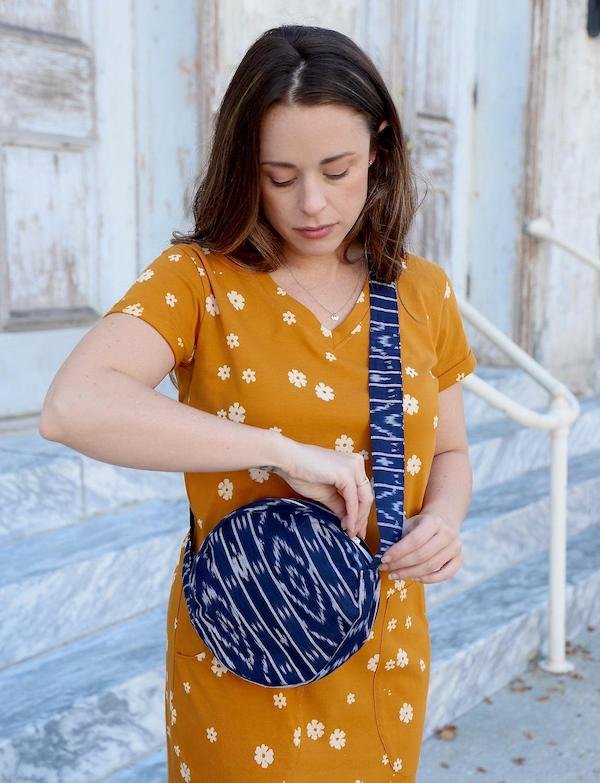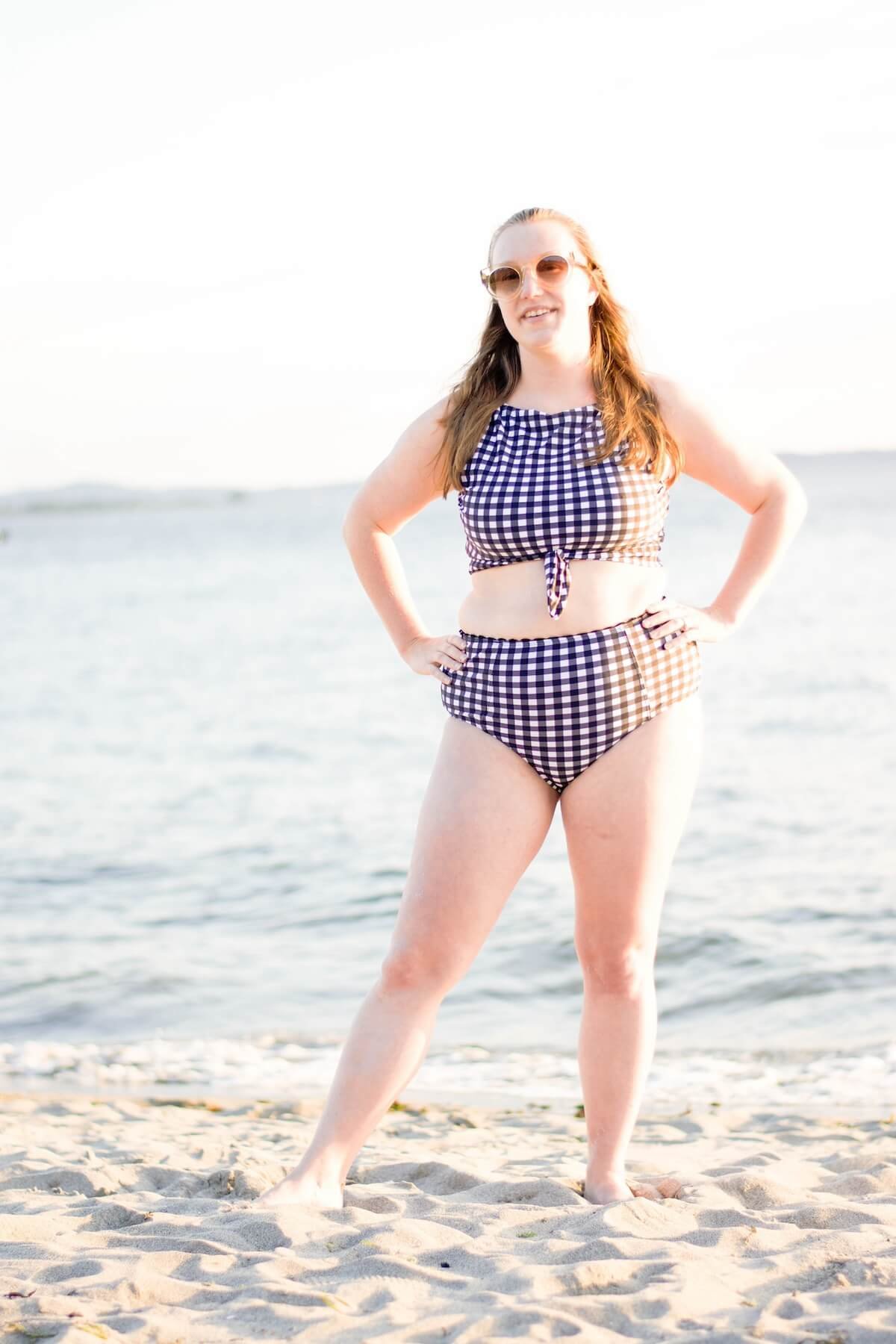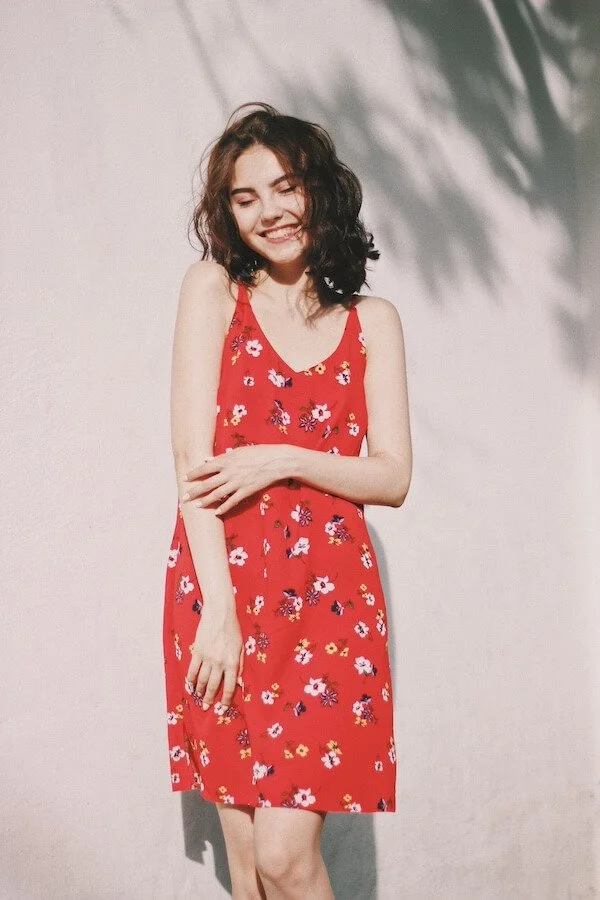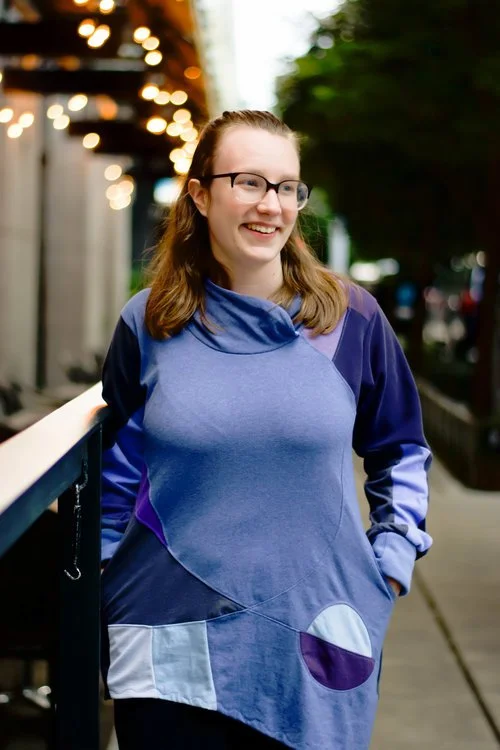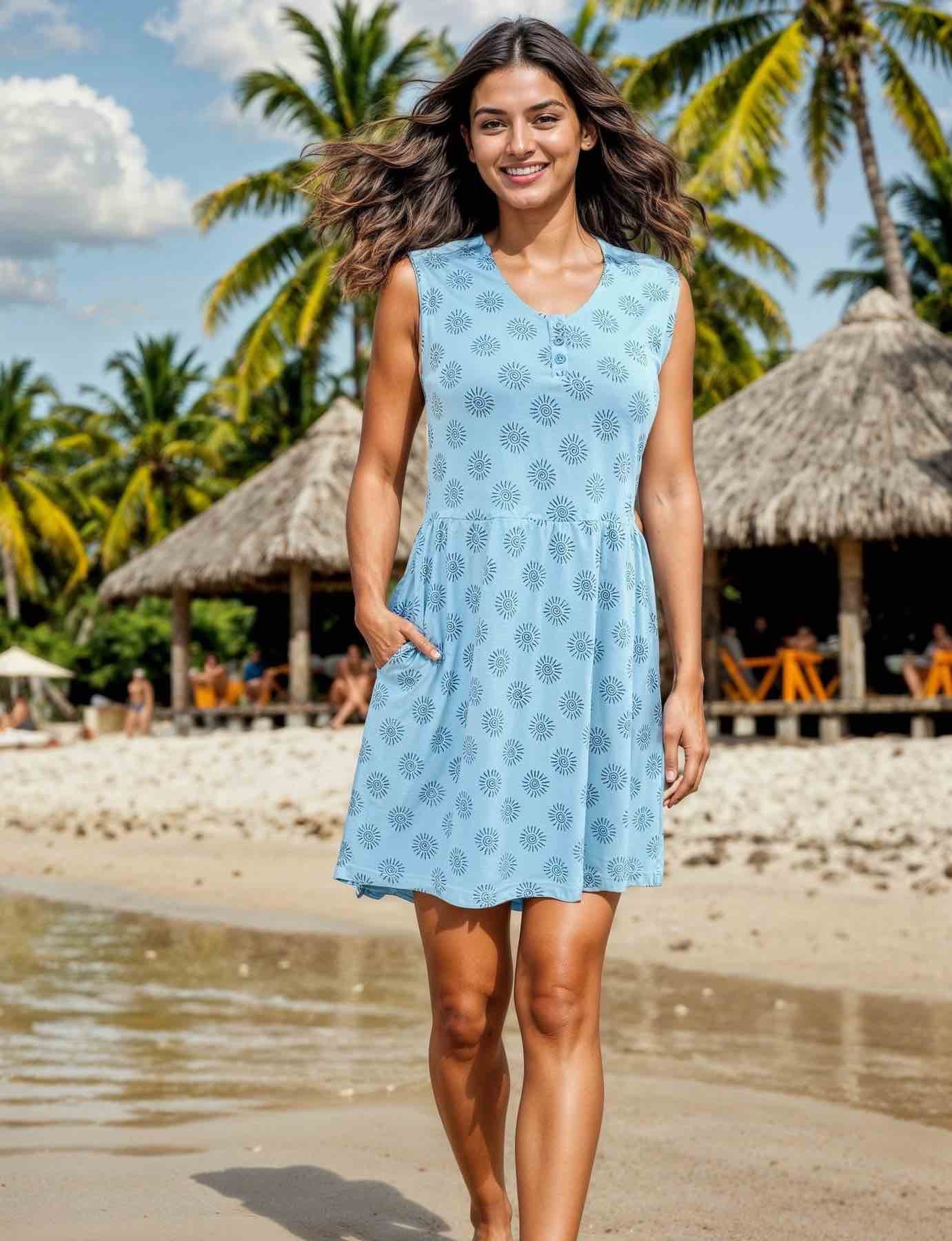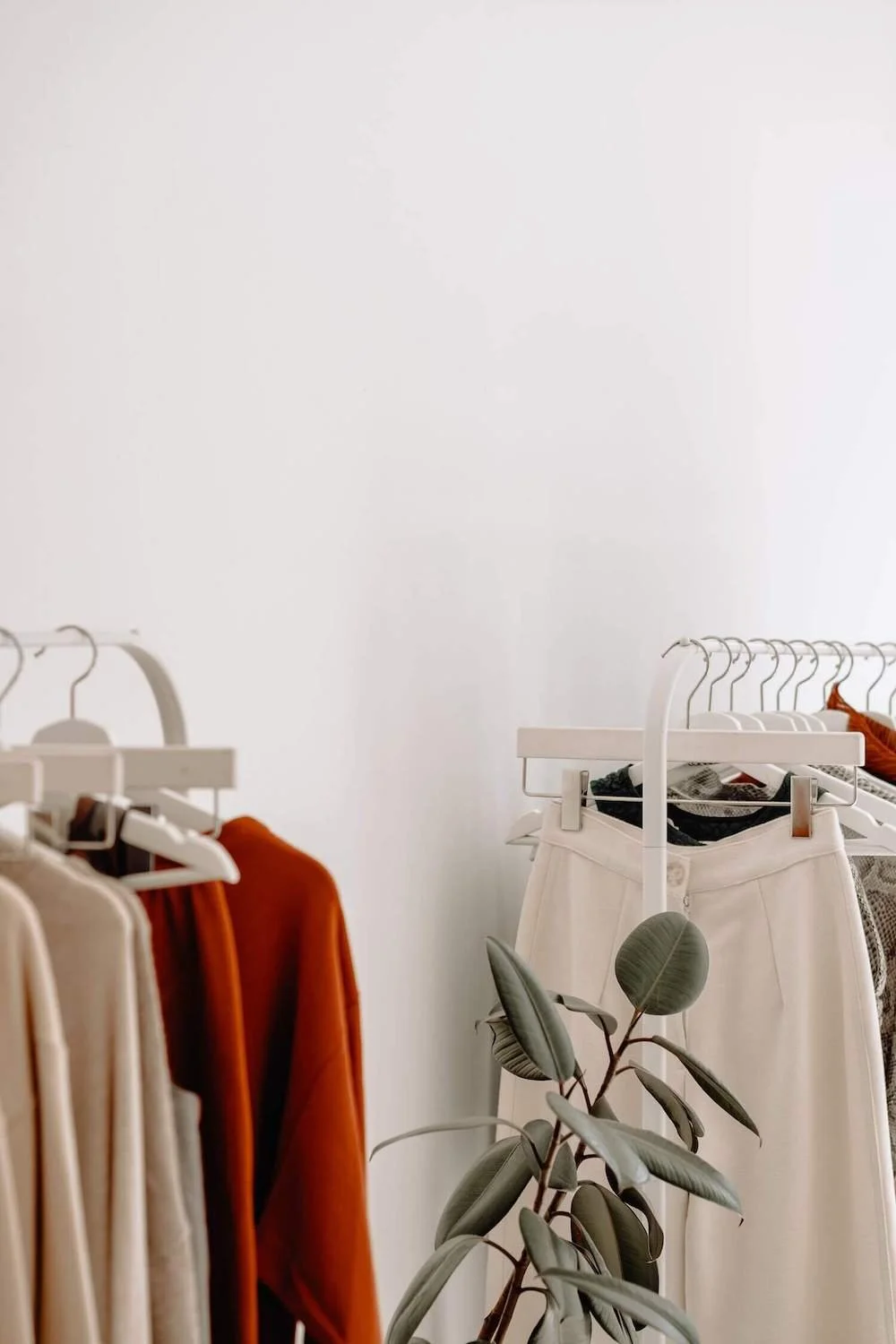The 14 Best Zero Waste Clothing Brands
The fashion industry can be quite troublesome when it comes to trying to create a more sustainable world.
Its harmful contributions start with climate change and social issues, but include many other issues as well. One of the more positive methods that some sustainable clothing brands are using is zero waste design.
This guide will explore what zero waste fashion is, why it's important, how consumers can take part in reducing waste, and features a list of amazing sustainable clothing brands using zero waste practices.
This post does contain some affiliate links. If you decide to make a purchase The Honest Consumer will receive a commission. Our commission is at no additional cost to you.
What Is Zero Waste Fashion?
Zero waste clothing’s main goal is to have the least amount of textile waste possible. This is mainly achieved during the manufacturing process by choosing responsible materials, understanding consumer demand, and through mindful design.
There are also ways that consumers can contribute to an item of clothing’s longevity. Here are some practices that both companies and consumers can do to create a better future for all of us through clothing.
How to avoid pre-consumer waste
Using all of the fabric: Wasted fabric is a big issue with fast fashion.
Use recyclable materials in designs: Using things like leftover fabric from other designs helps reduce waste during the production process.
Use technology: From virtual samples to ironing out the details via 3D printing, technology can save unnecessary waste.
How to avoid post-consumer waste
Repurpose/Upcycle: Find ways to use a piece of clothing for another purpose, or embellish it and make it look like new.
Explore textile recycling programs when it's time to dispose of your clothing.
Create a capsule wardrobe: A couple of high-quality, versatile pieces can last you years.
Shop at thrift stores: Purchasing second-hand, vintage pieces not only saves you money, you’re making an environmental impact too.
On top of the materials used to make the garment it's important to consider the packaging and resources used to create the garment.
Why Is Zero Waste Fashion Important?
Fast fashion is known for its negative environmental impact. The Green Business Bureau reports that the fashion industry produces 92 millions ton per year of textile waste which primarily ends up in landfills or incinerated. On top of that 85% of all textiles go into landfills each year. The annual value of that discarded clothing totals to greater than $400 billion wasted per year.
The more brands that value zero waste design, the better. By doing this hopefully a domino effect will start to happen. As more and more slow fashion brands enter the fashion industry, and other companies make the switch to eco-friendly clothing, our world will change for the better.
Consumers play an important role in this too. By choosing zero waste fashion you're voting with the money you spend and creating the demand for more sustainable style.
14 Zero Waste Fashion Brands To Shop
Now that you know what zero waste fashion is and why it’s important, let's explore some sustainable fashion brands that are using eco-friendly materials and zero waste design practices.
MALAIKA NEW YORK’S ZERO WASTE DESIGN
Malaika New York is an ethical fashion brand that focuses on zero waste design and seasonless style. Their eco-friendly clothing is ethically made in partnership with a Turkish factory focused on sustainable production, fair wages, and safe working conditions.
On top of zero waste design practices, Malaika New York uses sustainable materials such as GOTS or OEKO certificated cottons, deadstock fabric, ECONYL, and RWS certified wool. Malaika New York offers dresses and tops for women with unique style.
Passion Lilie's Natural Clothing & Zero Waste Accessories
Passion Lilie is a fair trade clothing brand that works with artisans in India. Passion Lilie uses organic and recycled cotton to create sustainable clothing.
This ethical clothing brand takes excess fabric from crafting clothes and creates accessories such as headbands, tote bags, earrings, purses, home goods, and other sustainable products.
Conscious consumers can shop these zero-waste design accessories, men's button downs, women's clothing, and more.
Whimsy+ Row's Zero Waste Fashion Made in America
Whimsy + Row is a slow fashion brand focusing on limited runs and locally made garments. Whimsy + Row clothing is made with low impact fabrics like Certified Organic Cotton, Linen, TENCEL™, Cupro, Silk and Deadstock/Upcycled Fabric.
Whimsy + Row uses fabric scraps to make bandanas, bucket hats and scrunchies as a way to reduce fabric waste. Whimsy + Row's zero waste fashion features women's dresses, tops, pants, skirts, and accessories.
Mud Jeans Circular Denim
MUD Jeans is a denim brand focused on circular fashion. All mud jeans are made with organic and recycled cotton. Consumers can send their used MUD jeans back to the brand to get recycled into new jeans.
MUD jeans also has a leasing program where consumers can lease jeans instead of buying them. MUD jeans offers denim products for men and women.
RE/DONE's Upcycled Clothes
RE/DONE was the first luxury label that was born online and has continued growing as an e-commerce brand. Since their beginnings, the company has saved over 225,000 garments from landfills.
What started as upcycling vintage Levi’s to fit more modern times, has now turned into a company that offers t-shirts, sweats, and more. RE/DONE is now offered in over 50 countries all over the world.
OhSevenDays Deadstock Fabric Clothing
OhSevenDays is a company that doesn’t just want to be known for their sustainable practices, but also their style & ethics.
The company is very transparent when it comes to both the working conditions in their manufacturing facility and the journey your clothes take before you buy them.
OhSevenDays is mostly known for using deadstock fabric in their pieces. If you aren’t familiar with that term, it’s the leftover fabric from other pieces. Most often deadstock materials end up in landfills. It’s companies like OhSevenDays that are on a mission to prevent that from happening.
They do this by turning the unused fabric into different pieces. On the OhSevenDays site you’ll find women’s blouses, dresses, accessories, and more.
No Nasties Carbon Offsetting Clothes
No Nasties is another company that recognizes the need to do more than just sell organic clothing. Which is why they have set out to create what they call plant positive clothing. They are making the earth a better place by not only reducing and neutralizing their carbon footprint, they also offset 300% of their footprint.
As an extra bonus, No Nasties plants 3 trees with each product they sell. Through these practices the company has saved over 31 million liters of water and planted over 74 thousand trees.
The company is also doing their part to reduce the amount of clothing that ends up in landfills through what they call the Circular Closet. The idea behind this is that customers can either resell their new or almost new No Nasties clothing, or they can send back clothes that are worn in, stained, torn, etc.
Depending on the condition of the clothing it will either be fixed and sent back to the customer or donated for other uses. If it’s donated the customer gets store credit.
You can find both men’s and women’s clothing in a variety of different sizes on their site. That way everyone has the opportunity to make a positive impact on the environment through their clothing choices.
Flood Clothing's Colorful Fashion
Flood Clothing offers unique style by taking old clothes and creating something new. Founder Nicole Flood places a high importance on creating clothing that is both sustainable and expressive.
You can feel good about what you are putting on your body, knowing that it’s made from sustainable fabrics, and that it truly reflects your style.
Flood Clothing is based out of Portland, Oregon and gets their material from used clothes from local Goodwills. They offer both women’s and men’s clothing, as well as accessories.
Fun fact- Flood Clothing’s Honest Em hoodie is named in honor of The Honest Consumer founder! Be sure to check out my review of this Flood Clothing upcycled hoodie!
Eileen Fisher Zero Waste Programs
Eileen Fisher is a high end ethical fashion brand that prioritizes high quality clothing, sustainable materials, and the livelihood of garment workers. On top of creating clothing that is crafted to last, Eileen Fisher has several programs in place to reduce waste in the fashion industry including Waste No More and RENEW.
Waste No More is about more than the reuse of old into new. Waste No More is an effort to bring together art and invention, artists and businesses towards a zero-waste, high-design future.
RENEW is Eileen Fisher's take back program. Eileen Fisher will take back their clothes that consumers no longer want and resell them at a discounted rate. This is a great way for consumers to shop Eileen Fisher at a more affordable price point and take part in the circular economy.
AmourLinen's Clothing Made with Natural Fabric
AmourLinen originally started as a home linen line in 2019. Once the owner, Lukas, brought in co-owner and business developer, Miglė, in 2022 clothing entered the product line.
Miglė has used her over nine years of experience in the fashion industry to create high quality OEKO-TEX certified 100% certified European linen pieces. Each item is handmade in Lithuania using natural fabrics.
AmourLinen keeps carbon neutrality at the forefront of their production process by minimizing waste and making each item to order. AmourLinen has both women’s casual and loungewear options to choose from.
Sotela's Made to Order Clothing
What makes Sotela so great, besides being a zero waste brand, is their commitment to inclusivity. Ever since their beginning this company has continually improved their size offerings, most recently offering custom sizing in 2020. They are able to do this because the clothes are made-to-order. This order model also reduces waste.
In addition to inclusivity and sustainability, Sotela is also an ethically minded company. Sotela makes their clothes in-house at their studio in LA. This helps ensure that their workers are being paid fairly and working in a good environment. You can find great outerwear and cozy pieces on their website.
Zero Waste Daniel
Zero Waste Daniel is based out of New York City. The clothes that they create are classified as zero waste because they come from pre-consumer waste sourced from New York City’s garment industry.
Zero Waste Daniel uses the scrap fabric to create cutting edge genderless zero waste designs. Some garments that you’ll find are sweatshirts, leggings, and bags, to name a few.
The company first went viral in 2017 with publications like Buzzfeed, Now This, Insider, and more featuring Daniel and the brand he has created. Since then even more news outlets have become interested in Daniel’s zero waste methods as he has now been featured on Good Morning America, The BBC, and The New York Times to name a few.
Hackwith Design House
Hackwith Design House is a womens apparel and accessories brand that prides itself in making long-lasting versatile outfits that are unique to their wearers. Everything is made in-house in their Minnesota studio by their talented team of sewers. To reduce waste, the majority of Hackwith's items are not made until ordered.
Tips for Shopping for Zero Waste Clothing
If you’re ready to start shopping for zero waste clothes here are a few tips!
Make sure the item you're purchasing is something that is timeless and seasonless. This way you'll get more wears out of it.
Look for natural fibers when you can as these can biodegrade at the end of their lifecycle.
Look for brands that produce in small batches as this always minimizes the amount of waste and resources used.
Consider the impact of the resources such as energy and water used to make the clothes. Look for brands that are carbon neutral or have a carbon offsetting practice.
Don't forget one of the most sustainable things you can do is wear the clothes you already have in your closet!
Whether or not you buy new clothes, remember you can participate in the zero waste lifestyle by doing things like upcycling an old t-shirt, or maybe repurposing a pair of jeans.
Hopefully this guide gave you some things to think about the next time your purchase clothes.
For more ethical & sustainable tips be sure to explore more conscious lifestyle blog posts, follow The Honest Consumer on social media, subscribe to our newsletter, & check out the Ethical & Sustainable Brand Directory.




